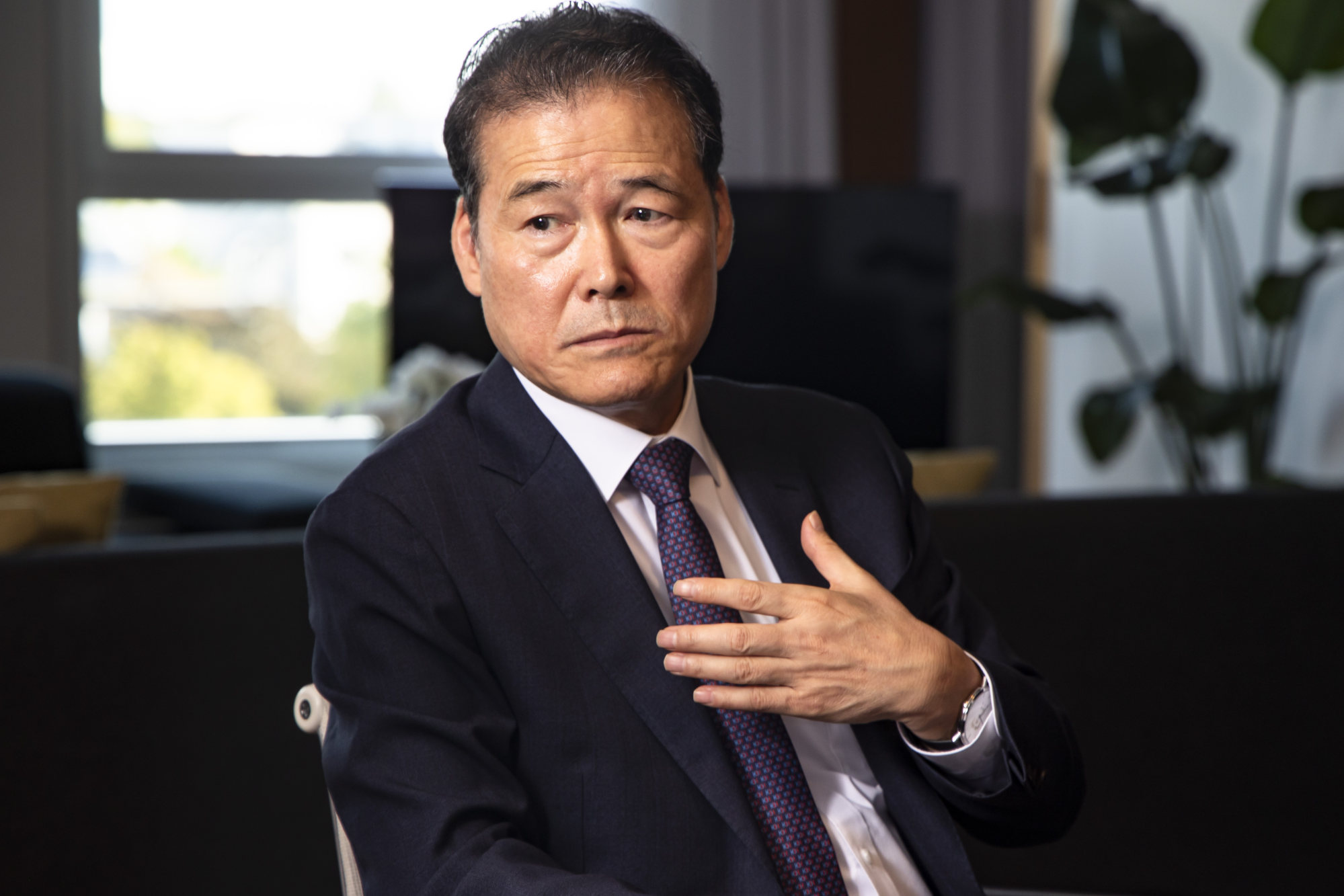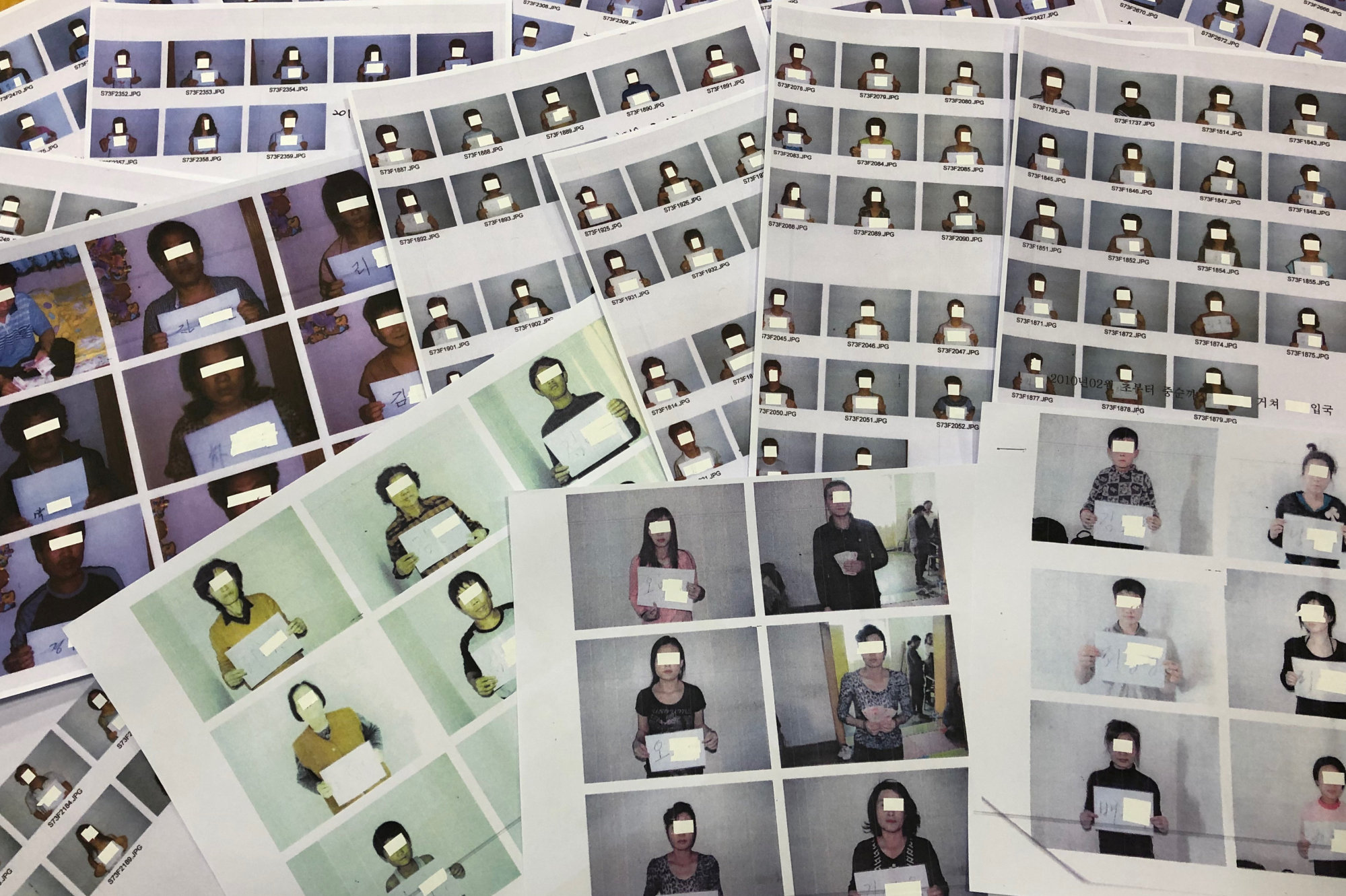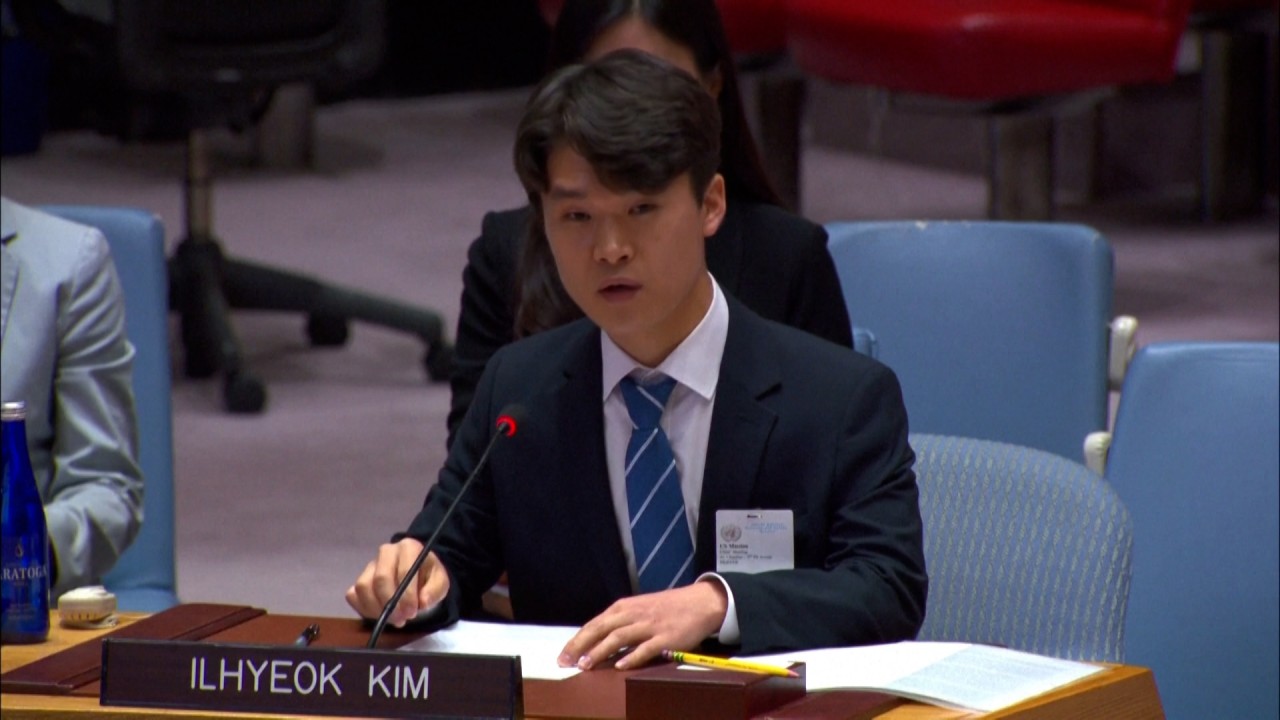
Why the Seoul-Beijing divide over North Korean defectors could scupper attempts to repair ties
- The South Korean government under Yoon Suk-yeol has zeroed in on the reported forced repatriation of North Korean defectors by China
- The human rights issue could become a roadblock in recent attempts to restore high-level talks between Seoul and Beijing
Since then, various government officials in Seoul have repeatedly stressed the need for Beijing to protect the human rights of those people.
On Monday, South Korean Unification Minister Kim Yung-ho called on China to allow North Korean defectors to choose the country they wish to travel to, and to protect their human rights, during an event co-hosted by the ministry and Washington-based think tank Centre for Strategic and International Studies.

Elizabeth Salmon, UN special rapporteur on the situation of human rights in North Korea, estimated in an October report that more than 2,000 people from North Korea, around 70 per cent of whom were women, were being detained in China as illegal immigrants.
The Ministry of Unification said it could not confirm the exact number of deported North Koreans, but forced repatriation against free will was a breach of the international norm, and it had “sternly raised” the issue with China.
The Chinese foreign ministry, however, rejected Seoul’s accusation of forced repatriation of North Korean civilians, stressing that Beijing had always handled the issue according to law and there were no “so-called defectors”.
He added the defector issue was difficult to resolve because of the difference between the two countries’ positions: while South Korea demands that North Korean defectors be recognised as refugees, China claims that they are illegal immigrants.
“South Korea’s position is that China is a signatory to the Convention Relating to the Status of Refugees and United Nations Convention against Torture, so at least refugee status screening should be conducted first,” Kang said.

Ramon Pacheco Pardo, an international relations professor specialising in North Korea at King’s College London, said Seoul could be focusing more on North Korean human rights in its relations with Beijing because it was not a priority for the administration of Yoon’s predecessor, Moon Jae-in.
“From the perception of the current government, the previous government focused too much on the engagement component of the policy. I think that drives the [current administration’s] focus on human rights and the perception that this is the right thing to do,” Pacheco Pardo said.
“I think it also has to do with this idea that the government says that global politics should involve values as part of the policy, in general, not only when it comes to North Korea, but also when it comes to China.”
Pacheco Pardo said that while the forced repatriation issue would not be the core problem in the ties between Seoul and Beijing, it would add another layer of uncertainty and disagreement between the two countries that could prevent better bilateral relations.
“I think that’s something that we have to consider that adds to the many issues on which the two countries have disagreements, [such as] the South China Sea and the East China Sea,” he said.
“This prevents better cooperation and better relations between the two of them. So the issues on which both countries have problems keep piling up.”
“What is important here is whether or not the repatriation will continue to occur in the future. The Chinese government has been actively adjusting the repatriation depending on the political situation,” Park said.


